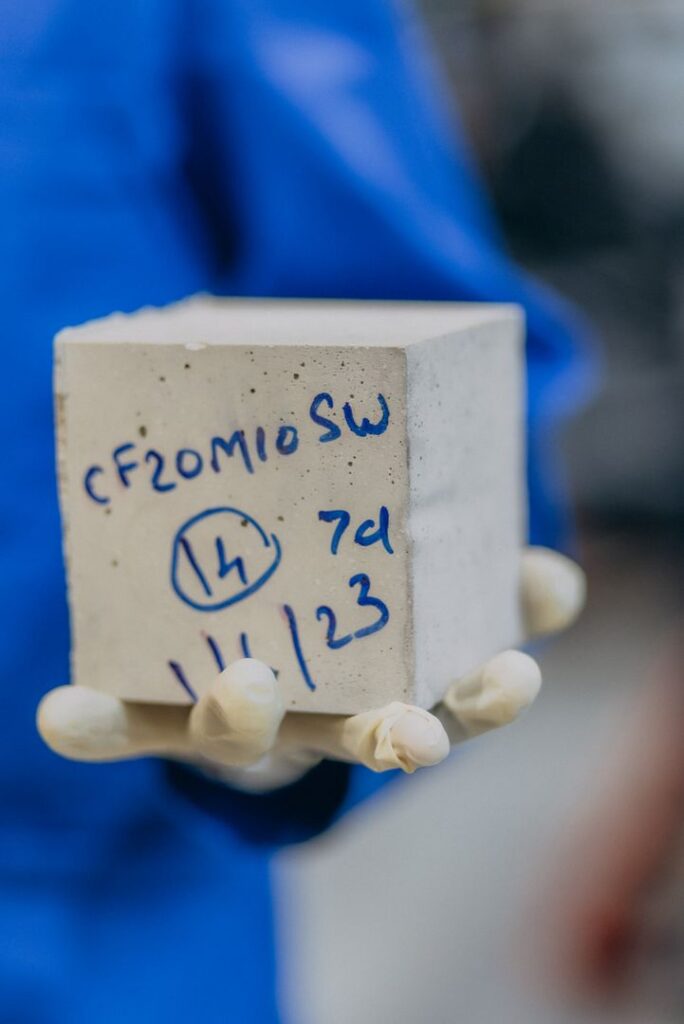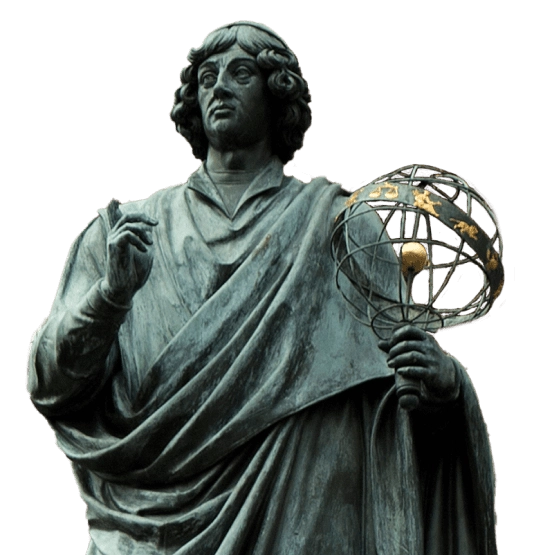An international team of scientists has developed concrete with the addition of seawater instead of fresh water. The resulting concrete has the same parameters as regular concrete; some of its properties are even better because the use of seawater speeds up the maturation process.
The recipe for the seawater-mixed concrete was developed by a team of Dr. Paweł Sikora, Professor at the Faculty of Civil and Environmental Engineering at the West Pomeranian University of Technology (ZUT) as part of the international project “NanoSeaCon” (“Sustainable nano-modified seawater-mixed concrete with extended durability” www.nanoseacon.zut.edu.pl), supervised by Dr. Sundar Rathnarajan, a graduate student at the Indian Institute of Technology Madras (IIT Madras) in India. Partners in the project were the Technical University of Berlin and Yonsei University in Seoul, South Korea. The research lasted two years.

Source: ZUT
The scientists did not conduct their research using water from the Baltic Sea because it is “not salty enough.” They used “sea” water specially prepared in the laboratory. It contains an averaged amount of ingredients that reflects composition of seawater in the world’s major water bodies. Adding a large amount of low-emission additives to the mixture helped neutralize its “saltiness” and block potential corrosion, which is especially important when concrete comes into contact with reinforcing steel. As a result, the research will contribute to the development of concrete mix compositions with a low carbon footprint.






